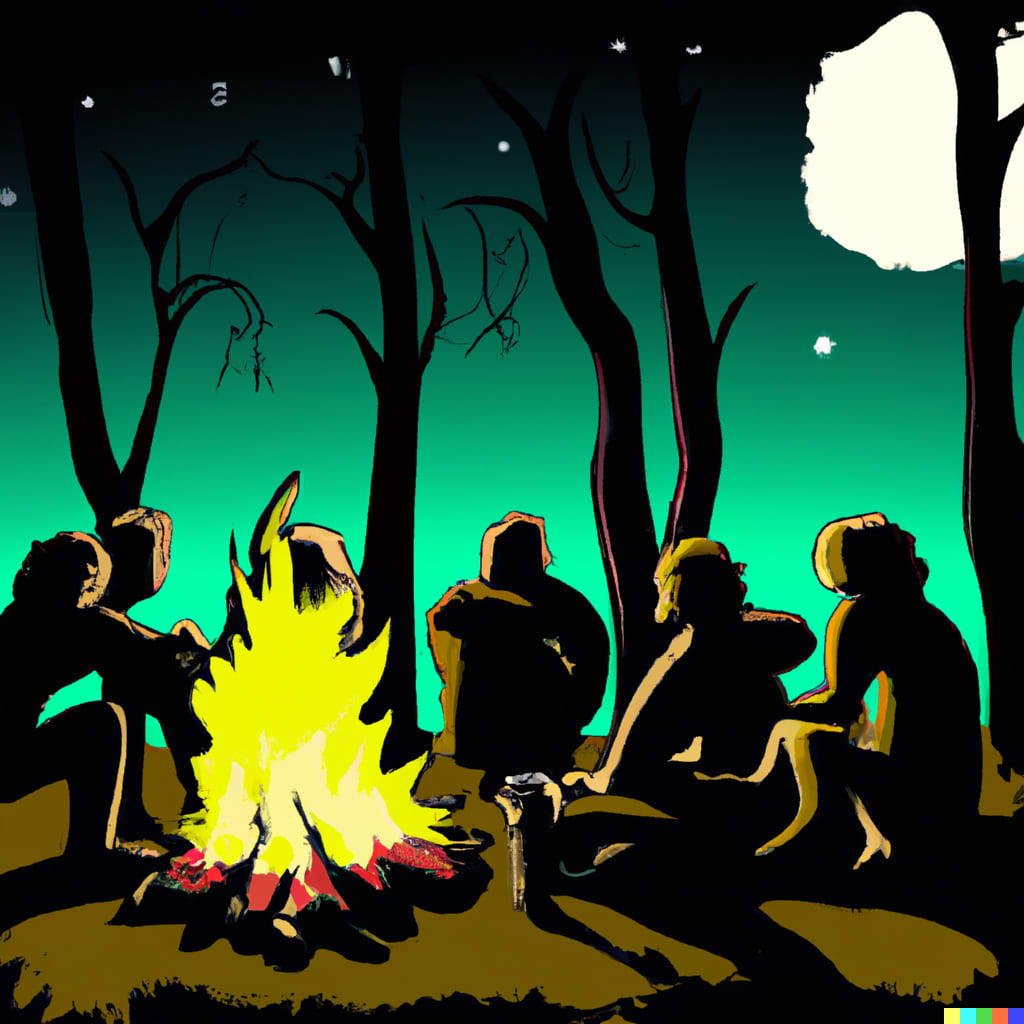The Power of Storytelling: How Narratives Shape Our World
Exploring the Art of Storytelling and Its Impact on Society

The art of storytelling has been a part of human culture for as long as we have been able to communicate. From the earliest cave paintings to the latest blockbuster films, stories have played a crucial role in shaping our understanding of the world. They help us make sense of our experiences, connect with others, and share our values and beliefs.
At its core, storytelling is about creating a narrative that engages the audience and transports them to another world. Whether it is a fairy tale, a historical account, or a personal anecdote, a good story has the power to capture our attention and leave a lasting impression.
One of the most compelling aspects of storytelling is its ability to influence our behavior and beliefs. Research has shown that stories can activate areas of the brain associated with empathy, making us more likely to relate to and care about the characters and situations we encounter. This can be a powerful tool for advertisers, who use storytelling to create emotional connections with consumers and persuade them to buy products or services.
But storytelling is not just a tool for marketing. It has also played a critical role in education, politics, and social movements. In the classroom, stories can be used to teach complex concepts and engage students in active learning. In politics, stories can be used to sway public opinion and mobilize voters. And in social movements, stories can be used to inspire change and promote social justice.
For example, the civil rights movement in the United States was fueled by powerful stories of injustice and oppression, told by activists and ordinary people alike. These stories helped to mobilize a movement that would ultimately lead to significant changes in laws and social norms.
Similarly, the #MeToo movement, which began as a hashtag on social media, quickly became a powerful narrative of women's experiences with sexual harassment and assault. The stories shared by survivors and advocates helped to raise awareness of the issue and spark a national conversation about consent and gender equality.
Ultimately, the power of storytelling lies in its ability to connect us to one another and to the world around us. Whether we are reading a book, watching a film, or listening to a podcast, stories have the power to transport us to another place and time, and to help us see the world through someone else's eyes.
In conclusion, the art of storytelling is a vital part of human culture, and its impact on society cannot be overstated. By understanding the power of narrative and using it to create compelling stories, we can not only entertain and engage our audiences, but also promote understanding, empathy, and positive change in the world around us. The flickering flames of the campfire dance and cast a warm glow over the faces of the storytellers gathered around it. Each one takes a turn sharing a tale, weaving together a tapestry of words and emotions that captures the attention of everyone in the circle.
As the night wears on, the stories become more personal and vulnerable, touching on themes of loss, love, and hope. The group listens intently, offering words of comfort and support as needed.
This is the power of storytelling - to create a space where we can connect with others on a deeper level and share our experiences in a way that is both authentic and meaningful.
In today's fast-paced, technology-driven world, it can be easy to lose sight of the importance of storytelling. We are bombarded with information from all sides, and it can be difficult to know what to believe or how to connect with others in a meaningful way.
But the human need for storytelling remains as strong as ever. Whether it is through the written word, the spoken word, or other forms of media, stories have the power to move us, to inspire us, and to help us see the world in a new light.
As writers, artists, and storytellers, it is our responsibility to harness this power and use it to create stories that make a difference. Whether we are crafting a novel, a screenplay, or a piece of advertising copy, we must always be mindful of the impact our stories can have on those who hear them.
By telling stories that are authentic, engaging, and emotionally resonant, we can connect with our audiences on a deeper level and make a real difference in their lives.
So the next time you find yourself around a campfire or in a group of friends, take a moment to share a story. It doesn't have to be anything fancy or elaborate - just something from the heart that speaks to who you are and what you believe in.
Because at the end of the day, the stories we tell are what make us human. They are the threads that connect us to one another, and to the world around us. So let's tell them well, and let's tell them often.
About the Creator
Thiago Assis
a writer hailing from Rio de Janeiro, Brazil, you bring a wealth of creativity and diversity to the world of literature. My passion for writing is evident in the way you craft your words and captivate your audience.






Comments
There are no comments for this story
Be the first to respond and start the conversation.